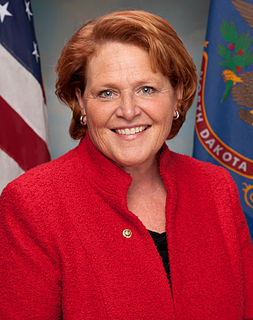A Quote by Corrine Brown
Some things I don't compromise on. Health care is one of them.
Quote Topics
Related Quotes
The opposite of compromise is not integrity. The opposite of compromise is not idealism. The opposite of compromise is fanaticism and death. And yes, I know one or two things about fanaticism and death, and I reject them. The alternative to fanaticism and to death is not some miraculous realization that someone has been wrong and he has to apologize. No, the answer to fanaticism and to death is curiosity and compromise and concession.
I think that what we put on our skin and what we eat, you just cannot compromise. You cannot keep on putting things that are toxic and that are going to compromise your health on your skin. Your skin absorbs. It's the same as eating. Over 60 percent is absorbed directly into your blood stream. So to me paying that little bit extra is absolutely worth it. It's health insurance.
One of the things we need to do is address mental health care as an integral part of primary care. People often aren't able to navigate a separate system, so you see successful models where a primary care physician is able to identify, diagnose, and concurrently help people get mental health treatment who have mental health issues.































